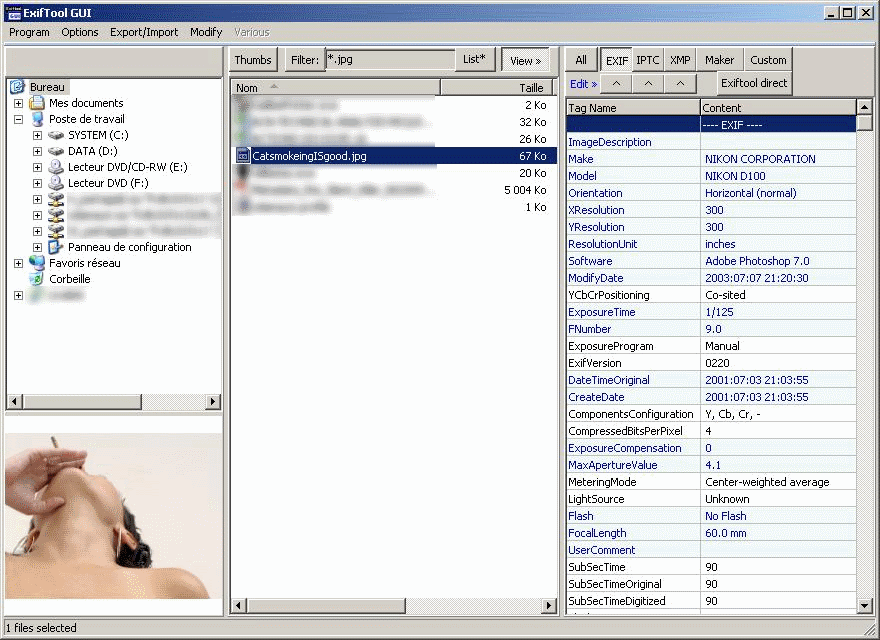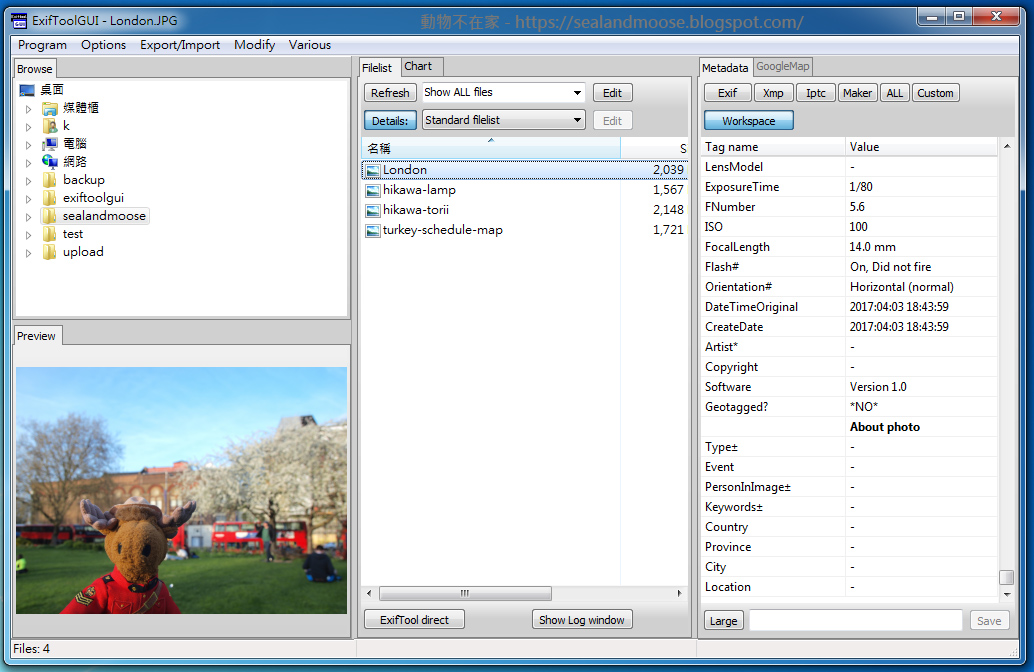
:-) They also realize this is an area of pain, but they are driven by the number of folks are affected by a particular issue. They were quite helpful in showing me the specific incantation of single & double quotes to get the desired result - if you needed to keep the internal double quotes in place. Apparently that isn't necessary because even cmd.exe will strip those out.īTW, hats off to the PowerShell team. It turns out I was trying too hard before to maintain the double quotes around the connection string. Using echoargs you can experiment until you get it right, for example: PS> echoargs -verb:sync "-source:dbfullsql=Data Source=mysource Integrated Security=false User ID=sa Pwd=sapass! Database=mydb " You just replace the EXE file with echoargs - leaving all the arguments in place, and it will show you how the EXE file will receive the arguments, for example: PS> echoargs -verb:sync -source:dbfullsql="Data Source=mysource Integrated Security=false User ID=sa Pwd=sapass! Database=mydb " -dest:dbfullsql="Data Source=.\mydestsource Integrated Security=false User ID=sa Pwd=sapass! Database=mydb ",computername=10.10.10.10,username=administrator,password=adminpass The PowerShell Community Extensions has such a tool. When you invoke an EXE file like this with complex command line arguments it is usually very helpful to have a tool that will show you how PowerShell sends the arguments to the EXE file. If you want PowerShell to interpret the string as a command name then use the call operator (&) like so: PS> & 'C:\Program Files\IIS\Microsoft Web Deploy\msdeploy.exe'Īfter that you probably only need to quote parameter/argument pairs that contain spaces and/or quotation chars. And you have to define the source with “Source: ” (working link).When PowerShell sees a command starting with a string it just evaluates the string, that is, it typically echos it to the screen, for example: PS> "Hello World"

You cannot copy more than 20 words from any of our posts. Here is the definition of the word “rumor” according to Merriam Webster dictionary:Įtymology: Middle English rumour, from Anglo-French, from Latin rumor clamor, gossip akin to Old English rēon to lament, Sanskrit rauti he roarsġ: talk or opinion widely disseminated with no discernible sourceĢ: a statement or report current without known authority for its truthģ archaic : talk or report of a notable person or eventĬontent Copyright If you want to use any image from this website you have to ask for permission. All trademarks and brands belong to their respective owners.

Please visit their official websites by typing the specific brand name and adding. Disclaimer: SonyAlphaRumors has no affiliation with any of the equipment manufacturers mentioned on this site.


 0 kommentar(er)
0 kommentar(er)
